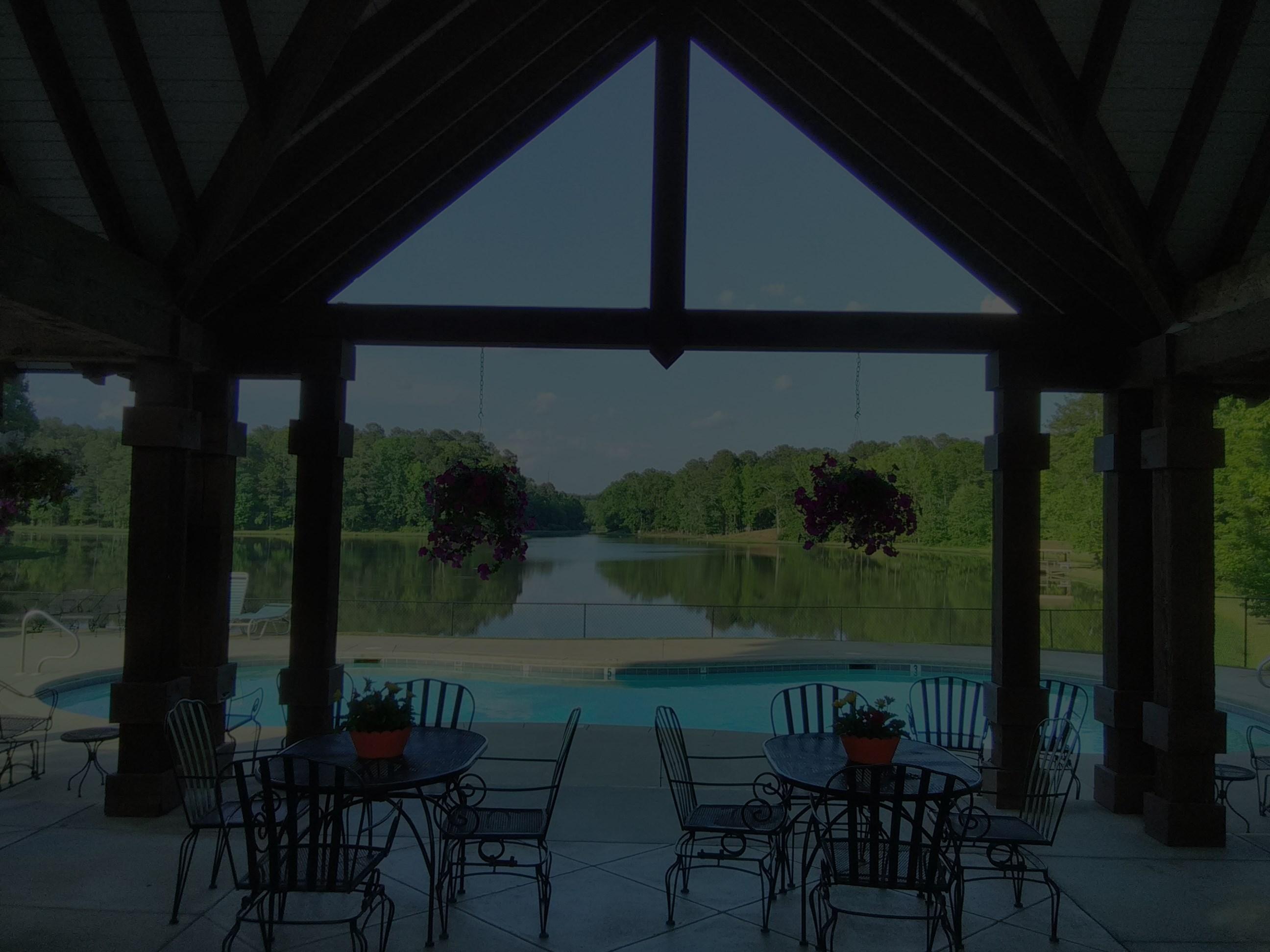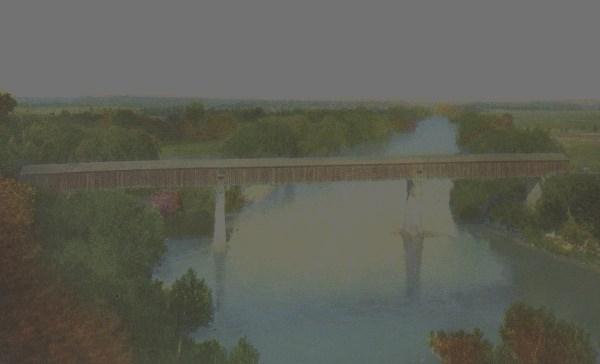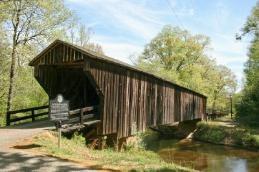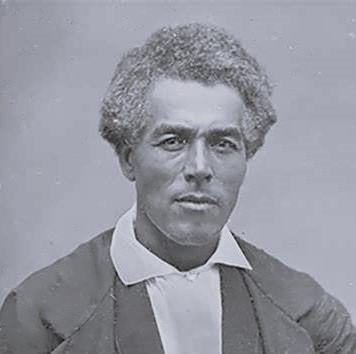

















Dear Neighbors,
I hope this message finds you and your family well and enjoying the blessings of summer! There’s something special about this time of year longer days, warmer evenings, and the vibrant hum of life throughout our community. Whether you’re casting a line at the lake, taking a swim to cool off, or simply walking the trail and soaking in the beauty around us, these moments are more than just recreation they’re investments in our health, wellbeing, and connection to one another.
Swimming offers a low-impact, full-body workout that’s easy on the joints and great for all ages. Fishing provides not only relaxation but also a chance to slow down and be present in nature. And just a simple walk around our trail system can do wonders for our hearts and minds. Let’s all take full advantage of the incredible amenities we share right here at home.
As we celebrate the joys of summer, let’s also remember our shared goal for the year: to refresh, restore, and take pride in our community’s appearance. That means trimmed grass, clean curbs, tidy yards, and doing our part to keep our neighborhood beautiful and welcoming. Every small effort makes a big difference—and when we each contribute, the entire community shines brighter.
Thank you for your continued care, respect, and involvement. Let’s make this season not only fun and relaxing but also a time of renewed pride in where we live. If you have ideas, suggestions, or would like to help with any neighborhood initiatives, don’t hesitate to reach out. This is our home, and together, we make it better.
Warm regards,

President, Callaway Woods HOA alfredrbarber@gmail.com
(706) 442- 8100
482 Dakota Trail
NEW PAYMENT SCHEDULE EFFECTIVE JANUARY 2025
HOA dues for 2025 are $600 for each household, as well as for each vacant lot. Beginning January 2025, HOA fees will be billed in a single payment of $600 due January 1st. The following late fee changes are effective January 1, 2025
If the $600 is not paid in full within 60 days, (February 28th of the same year due) then a $100.00 late fee will be imposed.
If the $600 +$100 late fee ($700,00) is not paid in full by April 30th of the same year due a lien may be filed on your property.
In addition to our filing of the lien, you will also be responsible for legal and publishing fees of up to $500.
Methods for payment of your annual dues payment:
1. ACH – Contact your bank and set the payment up for an automatic transfer. The HOA will provide you with our Bank information that you will need to give to your bank.
2. Credit/Debit Card – Use your card to pay your dues via the website. Fill out the form online for a quick and easy payment. There will be a small fee added to your payment amount for this transaction.
3. Mail a check to:
Callaway Woods & Lakeside HOA PO Box 1163 Fortson, GA 31808
If for ANY reason you are unable to pay your HOA dues at the time of billing, please contact Al Barber, Burton Keller, or any board member. Do not wait until we must file a lien. We will find a way to work with you as long as you communicate with us.

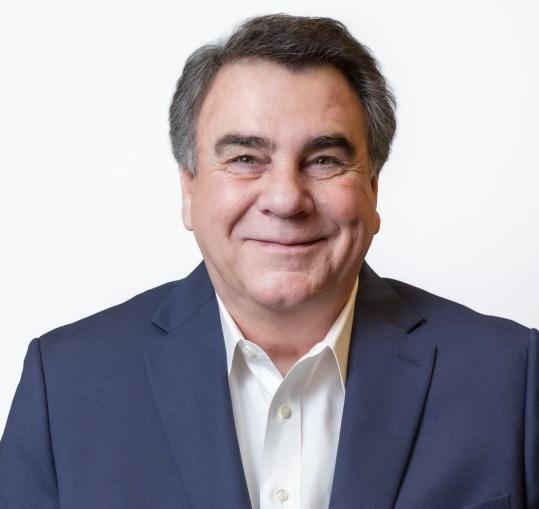
alfredrbarber@gmail.com

askd57@gmail.com
r.burt@mchsi.com
burton@deltadatasoft.com
carolh1219@aol.com
janke02@bellsouth.net
jec1945@gmail.com
pdv@bellsouth.net
Reneebeenee@aol.com
markolivermd@gmail.com
captainjgsiii@gmail.com
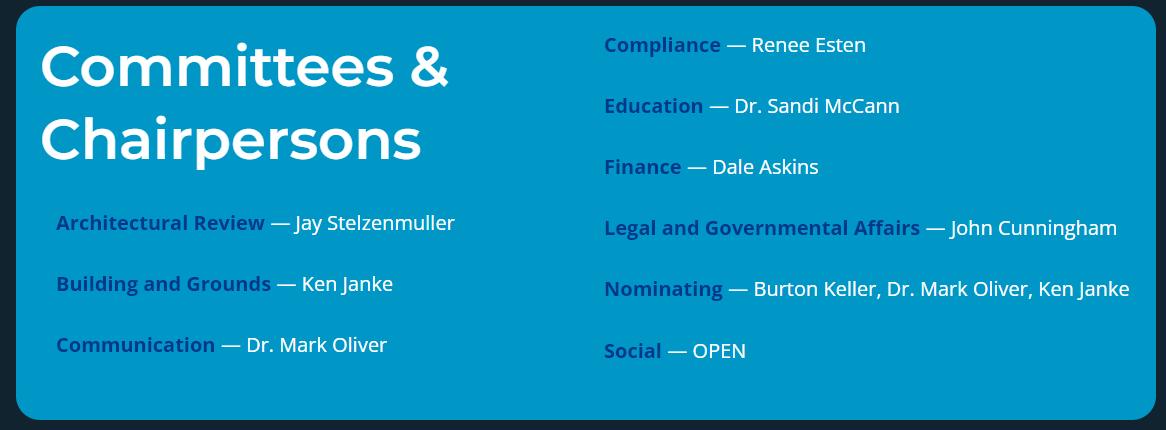

sandi.mccann31820@gmail.com


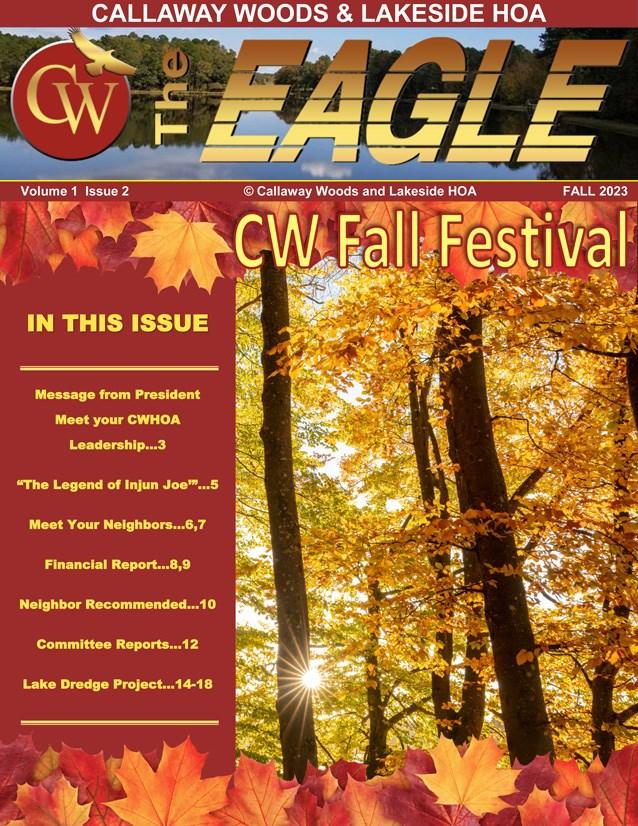
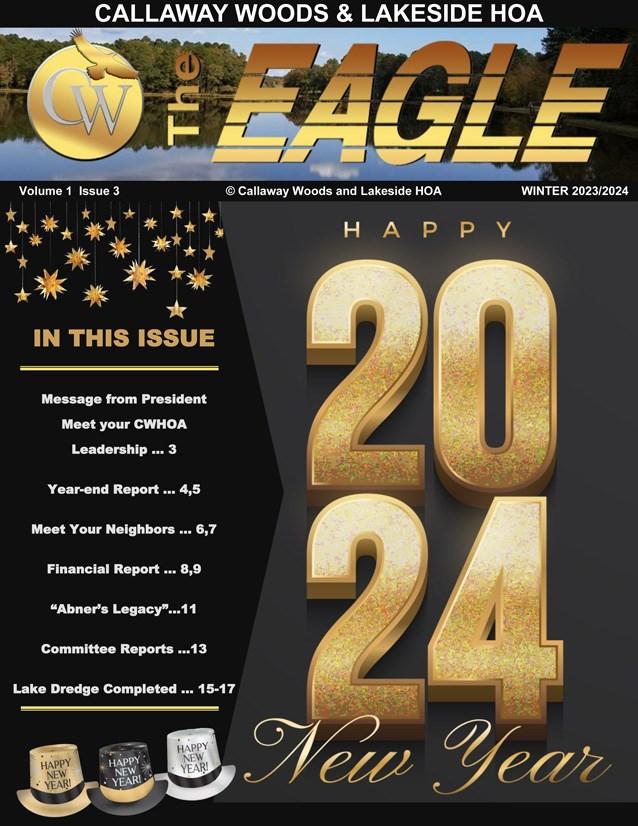





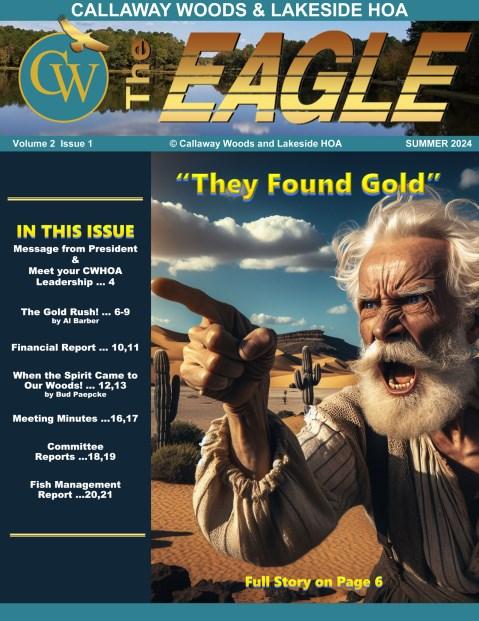









Graphic Artist: Matt Blaxton
Contributing
Talk to your favorite vendors about being added to our website for $100.00 initial listing fee. So long as no neighbors have any unresolved complaints against the vendor, they can renew annually for $50.00.
*Purchasing an ad (half page min) in our publication, “The Eagle”, for (4) consecutive issues gets free advertising on the website for the first year.
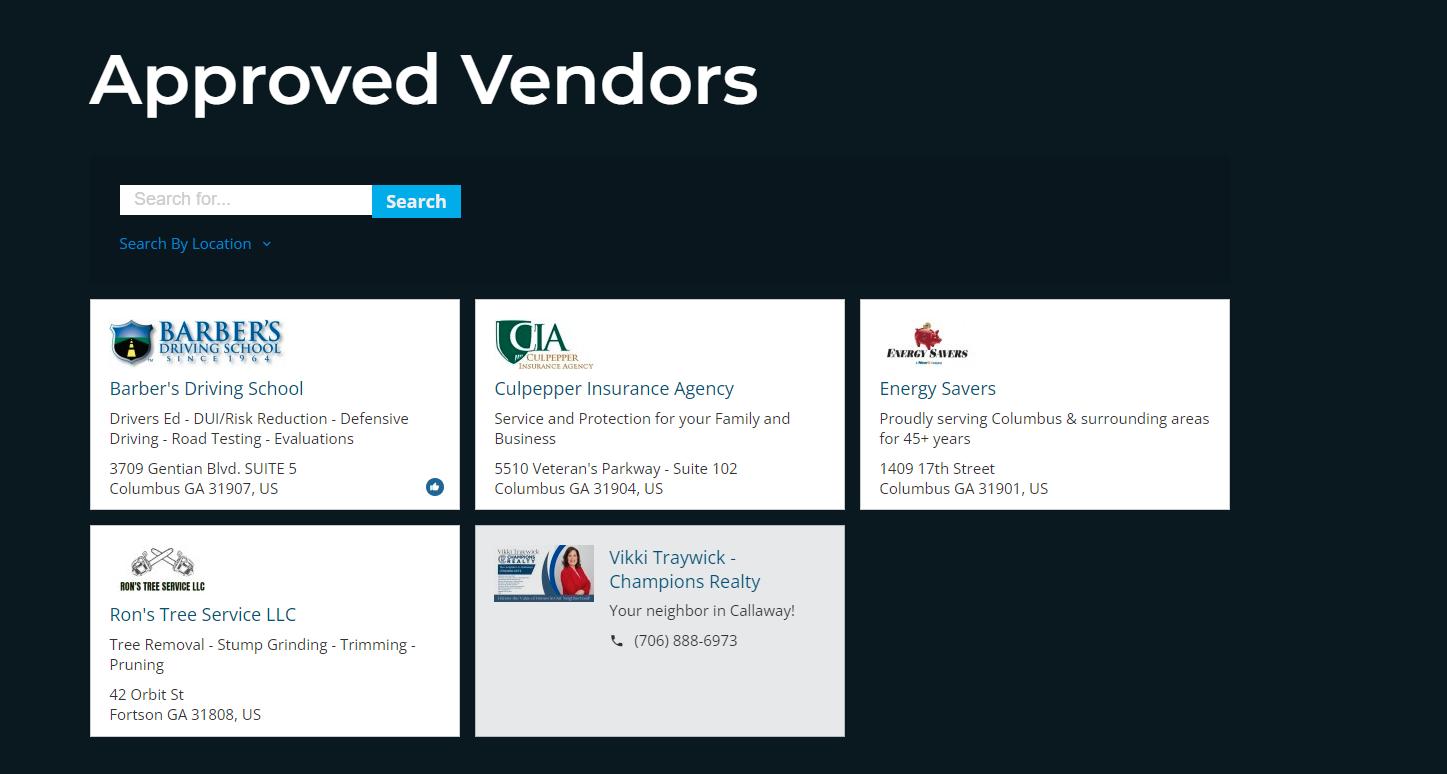




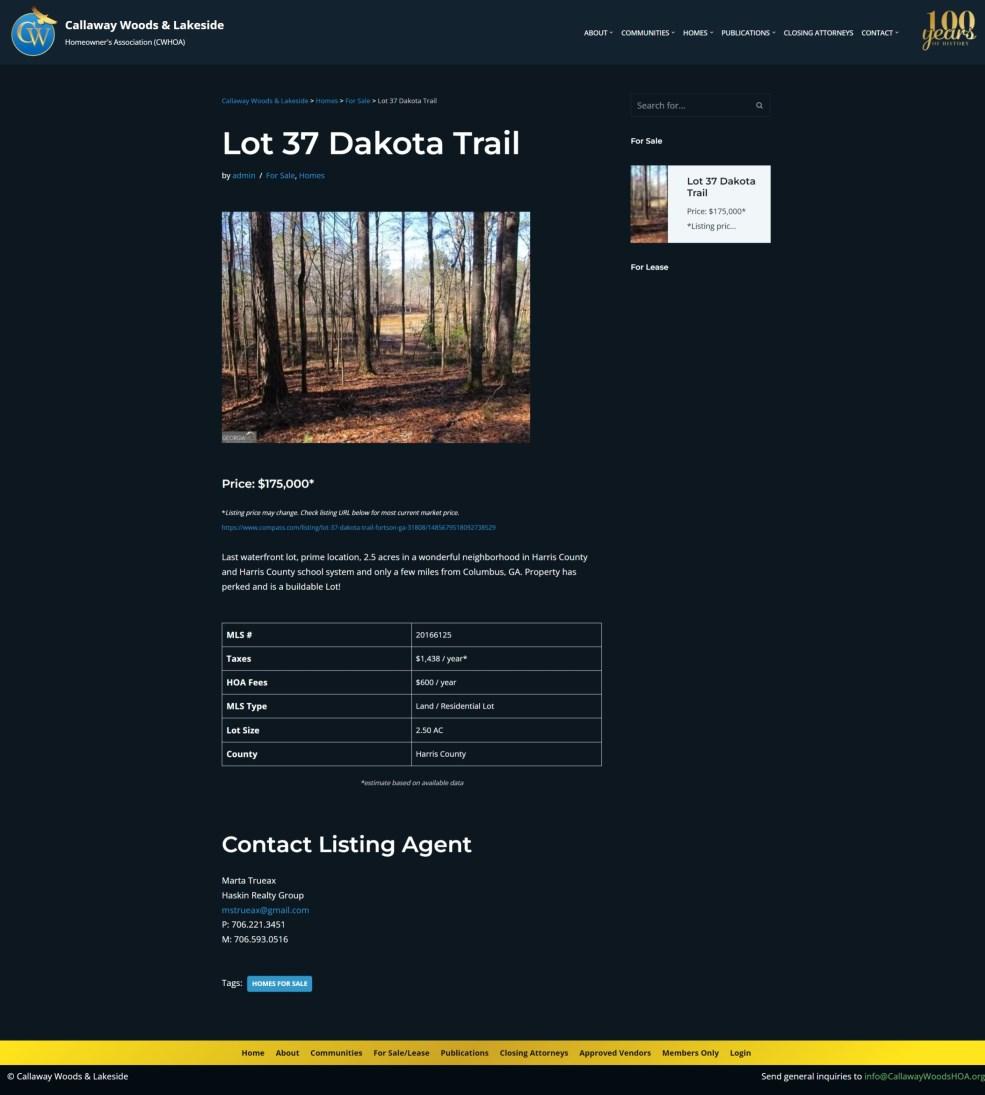

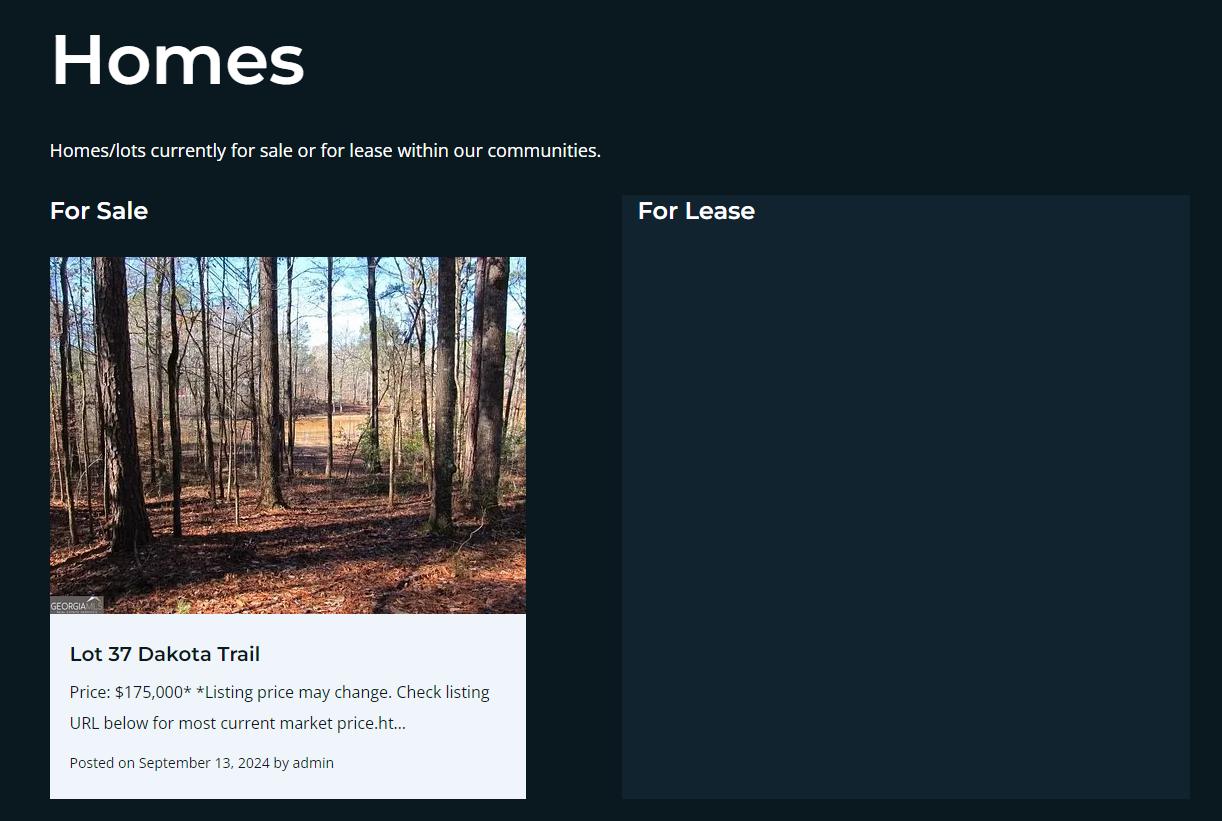






NBy Al Barber
ot long ago, over a quiet lunch at Country’s Barbecue, I shared a table with a new business acquaintance visiting from Atlanta a meeting that soon turned into something far more meaningful than either of us expected.
During our conversation, he shared how deeply he was grieving the loss of a loved one. The sorrow in his eyes revealed a heart searching for comfort. In the short time we had together, I offered words of encouragement and shared what peace in Christ had meant to me during my own trials. He asked if I would send him any Bible verses that could help him find that same peace.
That evening, I prayerfully selected and sent him ten Scriptures focused on God’s peace. As I read through them, two verses stood out verses that didn’t just speak about peace but seemed to carry it:
“And the peace of God, which surpasses all understanding, will guard your hearts and minds through Christ Jesus.”
Philippians 4:7 (NKJV)
“Peace I leave with you, My peace I give to you; not as the world gives do I give to you. Let not your heart be troubled, neither let it be afraid.”
John 14:27 (NKJV)
The peace that St. Paul speaks of in Philippians 4:7 perfectly captures the nature of the peace of Christ. When he writes, “And the peace of God, which surpasses all understanding,” he points us toward a deeper spiritual truth: this is the kind of peace we all long for when we are hurting. It’s the kind of peace we cannot explain or create for ourselves. What’s more, Paul wrote these words while in prison, awaiting execution yet his heart was anchored in peace, not fear.
This peace is not the absence of pain or
the result of perfect circumstances. It is the presence of God Himself steadying us in the storm, holding our hearts when we’re too weak to stand. It’s the quiet strength that enters when we pray through tears. The world cannot offer this kind of peace, but God gives it freely to those who seek Him.
For me, the search for peace and understanding became a journey a treasure hunt of sorts because finding Christ is like discovering a priceless treasure. Once we find Him and choose to trust Him, we gain access to the very peace Jesus Himself has: “My peace I give to you.” Can you imagine that? The peace of the Son of God, placed gently into our hearts.
On my own journey, I read Scripture and prayed that God would fill me with His Holy Spirit so that I could truly understand the meaning and spirit of His Word, making my walk with Christ more personal, more alive, and deeply meaningful. And in doing so, I found the very peace my new business associate is seeking the peace of Christ.
This peace the peace of Christ is not just something I’ve read about or shared with others. I’ve experienced it in the most personal way. It became vividly real to me on the day my father passed away. What happened in those final moments was more than comfort it was a glimpse of heaven itself.
My mother passed away in 2002, and my father lived another six years before he joined her in eternity. They had married shortly after high school and were, without question, a couple brought together by God. Their love was unwavering genuine, faithful, and tender. It wasn’t just spoken; it was lived out daily in the way they cared for each other, supported each other, and stood together through every season of life.
After my father’s passing, I discovered a box among his belongings hundreds of handwritten love letters exchanged between him and my mother during his years in the Navy. Stationed at sea, they wrote to each other constantly. Reading those letters, I was overwhelmed by the depth of their love, their faith, and their hope. It was some of the most beautiful writing I have ever encountered not because of literary skill, but because it was genuine and heartfelt.
In his final years, my father endured a difficult and courageous battle. At 74, he had faced leukemia, a brain tumor behind his left eye, and the ongoing complications of diabetes. Through it all, he carried himself with quiet strength, humility, and grace. Even as his body weakened, his spirit remained anchored in faith.
The last year of my father’s life, I became his primary caregiver. I purchased a home just two doors down from his, in Midland, so I could be nearby. Each morning, I would go to his house to bathe and shave him, administer his medicine, and make sure his helpers were with him before I left for work. Like many caregivers, I spent countless hours driving him to doctor’s appointments and ensuring he had everything he needed throughout the day.
As his condition worsened, we called in hospice for around-the-clock nursing care. We replaced his bed with a hospital bed to provide greater comfort at home. My father had made me promise he would never be placed in a nursing home, and I honored that promise. In doing so, I came to know him not just as my father, but as a person his fears, his hopes, his humanity. It was the hardest work I’ve ever done, but also the most rewarding.
On May 18th, 2008, the day he passed away was one of the most incredible days I have ever witnessed the
beautiful fulfillment of God’s promise at the end of life.
It was early morning when I arrived around 7:30 a.m. to check in with the hospice nurse and see how my father was doing. The night before had been especially difficult for him. The nurse met me quietly at the door and explained that my father was now going through the final stages of death. She told me he likely wouldn’t make it through the day. With compassion in her voice, she urged me to call my brother Brad my only sibling and let him know that if he wanted to see our father alive one last time, he needed to come right away. She knew Brad lived two hours away in Conyers, and time was now of the essence.
My father was unconscious, his breathing shallow and coming only through his mouth a sign, the nurse explained, of the final stage of life. I noticed he was lightly tapping his index finger and thumb together in the air, almost as if trying to catch an invisible thread or flick away a fly. The nurse told me that this too was part of the dying process, a common involuntary motion in the body’s final hours. His kidneys were beginning to shut down, and she had administered medicine to keep him comfortable and free from pain.
When I returned to the room after calling my brother, the nurse looked up and softly asked, “Is he coming?” I nodded and said, “Yes.”
Then, without any warning, my father suddenly raised his head, opened his eyes wide, and spoke in a loud, clear voice: “Tell Brad to hurry.” Just as quickly as he had come to, my father closed his eyes and slipped back into unconsciousness his body still, his breathing slow once again.
As I waited for my brother and his family to arrive, I sat quietly beside my father’s bed. Then, to my astonishment, he lifted his right hand and, in a loud voice though still unconscious declared, “No, I am not ready to go yet!” Startled, I turned to the nurse and asked, “What is that about? Who is he talking to?” With the calm wisdom of someone who had witnessed such moments many times,
she replied, “The angel who is waiting to take him home. Your father isn’t ready to go until he sees your brother.”
A wave of chills ran through my body as the presence of God filled the room. I knew in that moment that my father was standing at the very edge of eternity, at the veil of glory pleading for just a little more time. And the angel of the Lord was giving it to him. I didn’t just sense it because of what the nurse said I knew it deep in my spirit. The Holy Spirit confirmed it in me. It was holy ground.
It wasn’t long after my father had told the angel, “No, I’m not ready to go yet,” that my brother, his wife, and two of his children arrived. Brad walked to the other side of the bed and took hold of our father’s right hand, while I held his left. The rest of the family gathered quietly at the foot of the bed. I leaned in close and whispered in his ear, “Brad is here.”
To our amazement, my father suddenly sat up in bed, his eyes wide open. Slowly, he turned his gaze from left to right, looking directly at each person in the room. Finally, his eyes settled on my brother. Then, as gently as he had awakened, he lay back

down, closed his eyes, and slipped once more into unconsciousness.
A few hours later, with Brad and me still by his side each of us holding one of his hands our father passed peacefully from this life into eternity.
Neither my brother nor I shed a single tear. Instead, we were filled with the peace that the Apostle Paul writes about in Philippians:
“And the peace of God, which surpasses all understanding, will guard your hearts and minds through Christ Jesus.”
Philippians 4:7 (NKJV)
This peace surrounded us steady, unshakable, and beyond anything words could fully express.
I was filled with total peace, knowing that my father had stepped into eternity to be reunited with my mother. I hold the hope and promise s Word that I will join them storm, grieving the loss of a loved one.




